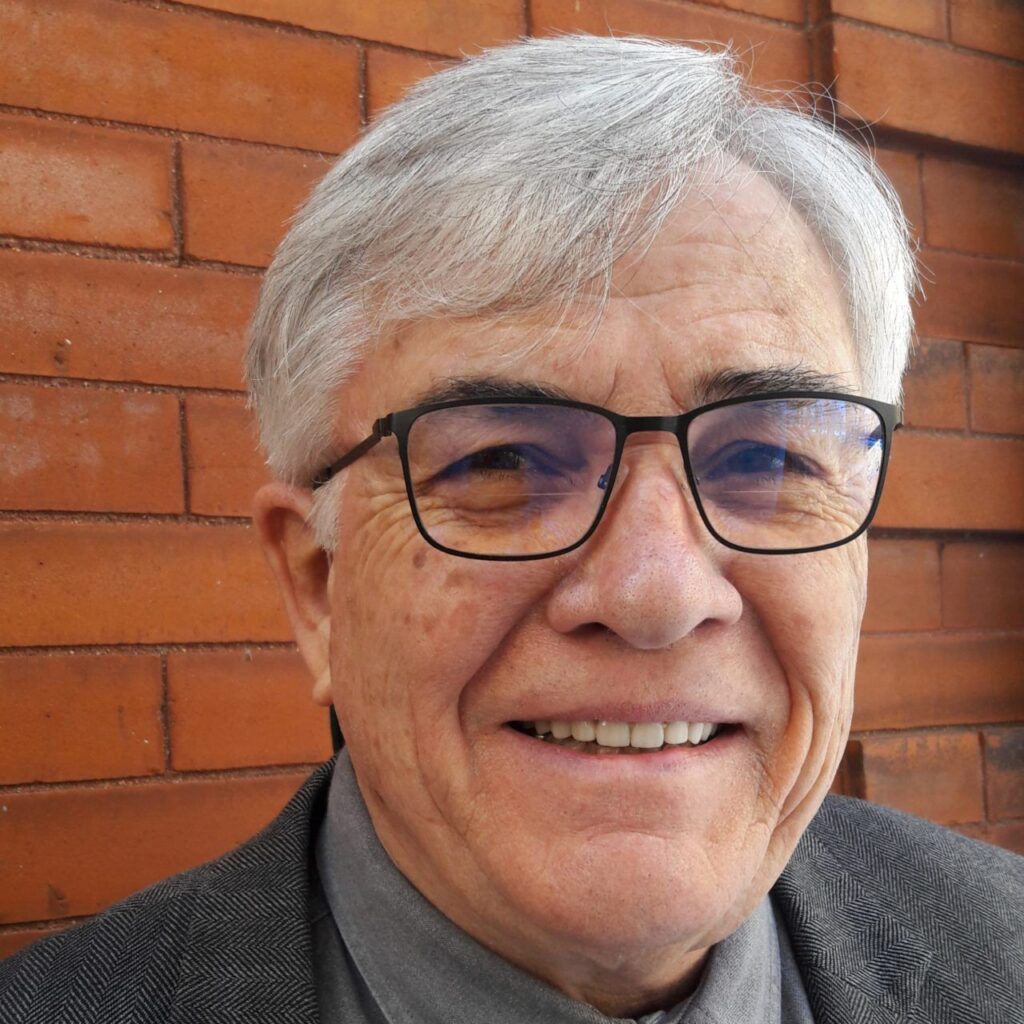A flawed fix for Colorado’s compromised court system | BRAUCHLER

George Brauchler
Amendment H, concerning judicial discipline and confidentiality, is an upgrade from our current system, but an unnecessarily flawed one. It is ripe for political and geographic bias.
Amendment H would amend our state constitution “establishing an independent judicial discipline adjudicative board….” It replaces the current system of the Commission on Judicial Discipline (judges alone) investigating each other in secret, unless sanctions are recommended.
The current commission has the power to impose private sanctions and hold informal hearings closed to the public. Even formal disciplinary hearings — held by judges — remain secret from the public unless and until the commission recommends public sanctions to the Colorado Supreme Court.
Words like “independent judicial discipline” are both comforting and misleading.
Remember, too, Democrats in charge of our legislature have long defended the Supreme Court’s exemption from the Colorado Open Records Act (CORA) that governs the rest of our government. Years ago, the judicial branch interpreted itself out of CORA. Since then, the Democrats have repeatedly defeated legislation intended to expand CORA. As it stands now, our judiciary determines for itself what standards will govern the information the public gets when we ask for it. No other branch enjoys that privilege and such broad discretion. This is a legislative failure.
Stay up to speed: Sign up for daily opinion in your inbox Monday-Friday
As investigative reporter David Migoya of The Gazette has shown during the past several years, there is a persistent shroud of secrecy regarding the operations of the judicial branch that must be pulled back.
Amendment H has been sent to our ballot by a bipartisan group of legislators from our House and Senate. That is where bipartisanship ends. The amendment creates a perfect and unappealable power for the governor to make purely partisan appointments.
The new Independent Judicial Discipline Adjudicative Board will have 12 members, four of whom are judges appointed by the state Supreme Court. The other eight members — comprised of four Colorado attorneys and four non-attorney members of the public — are all appointed by Gov. Jared Polis. There are no limits on the partisanship or geographic location of Polis’ appointees. That means all eight appointments could be Denver-Boulder Democrats. This is a significant shortcoming in legislative drafting.
This level of unfettered partisanship and discretion is troubling, especially since the judges and justices to be governed by this board have been appointed exclusively by Democrat governors since 2006.
Lest you doubt Polis’ willingness to make partisan appointments to influence the judiciary, consider his treatment of the judicial nominating commissions, the entities that send three names to the governor from which he will appoint judges. Each of Colorado’s judicial districts has a seven-member nominating commission. Unlike today’s Amendment H, the 1966 amendment to our constitution mandates each of the 22 judicial nominating commissions (one per district) is comprised of “seven citizens residing in that judicial district, no more than four of whom shall be members of the same political party and there shall be at least one voting member from each county in the district.” That language — missing from Amendment H — is supposed to ensure geographic and partisan diversity in representation.
Yet, Polis has still found a way to diminish the input and impact of Republicans on who gets to be a judge. Colorado’s governor gets to appoint all non-lawyer members, who make up the majority of each nominating commission. The governor also gets input (along with the Democrat attorney general and the chief justice of Colorado’s Supreme Court (who was also appointed to the Supreme Court by a Democrat governor).
The resulting partisan discrimination is as stark as it is deliberate by Polis.
In the six years since he has been in office, Polis has appointed a paucity of Republicans. Of the five most populous judicial districts in Colorado, covering Adams, Arapahoe, Jefferson, Douglas, Denver and El Paso counties, there are 35 members of those nominating commissions. Only five are Republican, including just one in heavily Republican El Paso County. None of the three commission members from deep-red Douglas, Elbert and Lincoln counties are Republican. In short, the judicial nominating commissions do not adequately provide representative input about the judges ultimately chosen by the communities in which they will serve.
With that level of partisan manipulation — despite rules in place to provide a politically-balanced outcome — imagine what mischief Polis or any other governor can make with a board designed to scrutinize and hold accountable judges he and his Democratic predecessors have appointed.
Amendment H is an improvement from the current system, but it is an inexplicable missed opportunity to keep in check the obviously hyper-partisan tendencies of our governor in the regulation of the one branch of government that should be apolitical.
George Brauchler is the former district attorney for the 18th Judicial District and is a candidate for district attorney in the newly created 23rd Judicial District. He has served as an Owens Early Criminal Justice Fellow at the Common Sense Institute. Follow him on Twitter(X): @GeorgeBrauchler.










